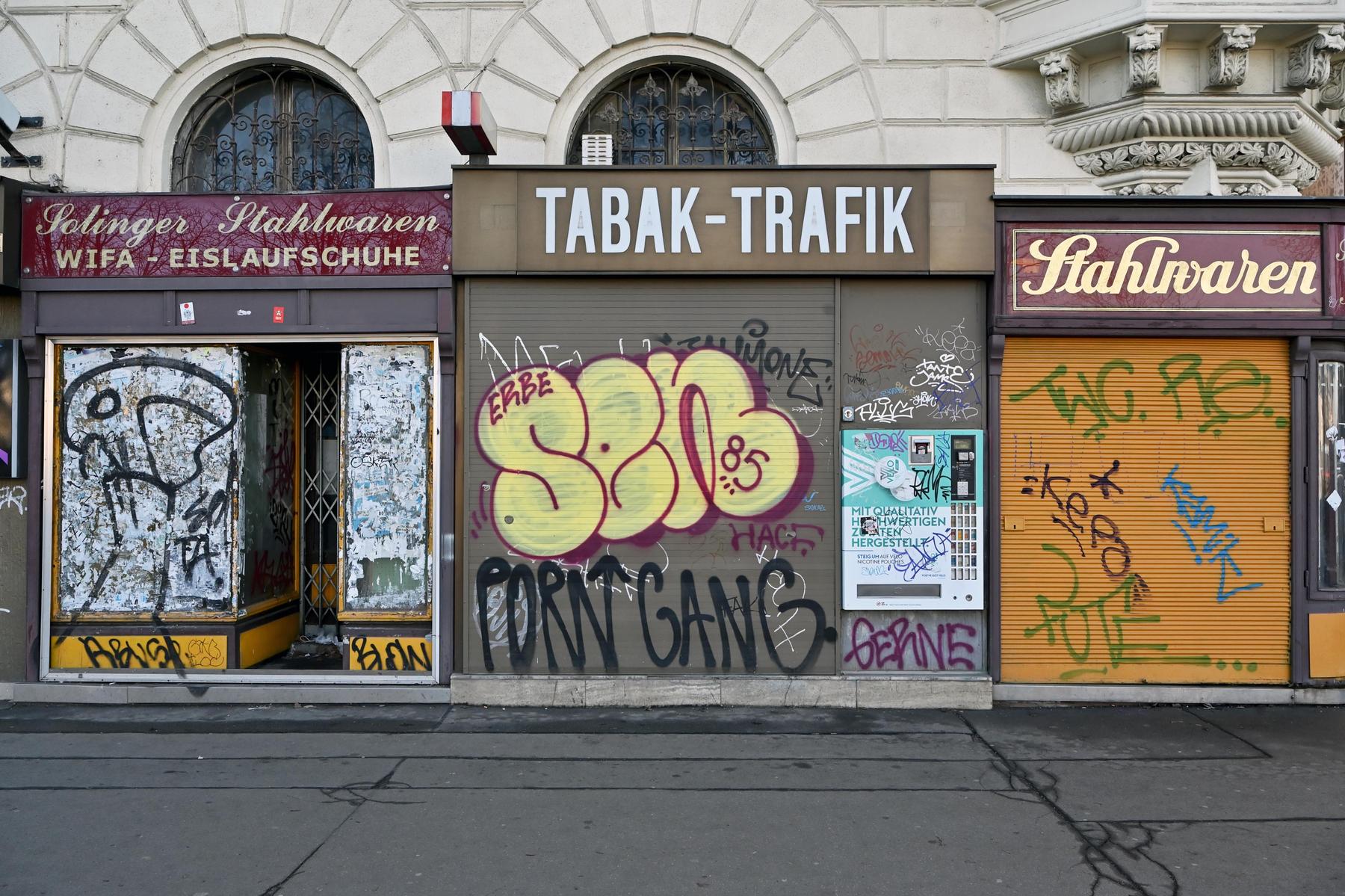Without the allowance affair, some children would probably not have been placed out of the house, concludes the hammer committee
:format(webp)/s3/static.nrc.nl/wp-content/uploads/2025/03/26151956/data129949687-7d1d5d.jpg)
The allowance affair did indeed play a major role in the out -of -home placement of children from victims. The unjustified recovery of the Tax Authorities caused a domino effect of problems that could ultimately lead to intervention by youth protection. Thousands of children live with the consequences of this to this day. This is concluded a committee of inquiry led by Mariëtte Hamer in the report published this Thursday Inheritance of injustice.
The report invalidated the idea that the allowance affair had little influence on the out -of -home placements, because the families would already have major problems in advance. In fact, without allowance affair, some out -of -home placements would probably never have taken place. A striking finding is also that the number of out -of -home placements related to the allowance affair is probably much larger than now known. According to the Commission, the most recent figures from the Ministry of Justice (3,532 children) and the Central Bureau of Statistics (CBS) (2,090) do not provide a complete picture. For example, out -of -home placements without judicial authorization do not count.
« They are struggling with long -term mental problems, have often been unable to finish their education, their talents not developed »
Government commissioner Mariëtte Hamer calls the report a « cry for help ». Her seven-member committee, consisting of experiential experts, a former children’s judge and scientists from different disciplines, spoke with 35 children, 64 parents and around 25 experts for two years. About a hundred anonymous (youth care) files were analyzed. In addition, informal group discussions were held in which victims shared their experiences.
She is the most shocked, says Hamer, how children – young people or young adults now – still suffer from what they experienced every day. « What made a great impression on me was, for example, the story of a girl who ended up in closed youth care after her out -of -home placement. She would now like to do an education, but no longer has the right to study financing. She also said: » I was seen as an unmanageable child. I am not. I want that stamp of my forehead. «
Inheritance of injustice is not the first report on intervention by youth protection for allowance families. Earlier Investigation of the Justice and Security Inspectorate Was not independent enough according to critics. The hammer committee was asked to investigate what led children to be placed out of the house, or a relationship with the allowance affair and what consequences this had for the contacts between parents and children.
Hamer: « What we have added to it ourselves is the question: what lessons can we learn from what happened to them? In addition, more than so far, we have focused on the duped children. I consciously say that, because they are not indirectly, but themselves duped. »
Read also
When she finally received the letter with ‘you are not a fraud, everything was already broken
How are them now?
« We see that many young people are in the middle of a recovery process. Many duped children did not know what the cause of their parents’ financial problems was. They thought they had consciously ceded or abandoned them. They are struggling with long -term and sometimes permanent mental problems, their education has often not been able to finish, their talents are not in many cases. The effects of the out -of -home placement are therefore large and permanent.
Why was the real cause of the problems not seen?
« In the families we spoke, the debt problem often did not come to the table, or not well analyzed and resolved. Many parents were judged by the fact that they supposedly had no attention for their child, while they worked on their debts to pay for their debts. There was too little collapsed by the many care providers.
« Youth protectors usually focused on acute insecurity of the child, not on the underlying causes. What exactly was unsafe is often not easy to find in the files. Ultimately, the system has to change, with trust and cooperation as a starting point. Good analysis is the basis. How can we help families effectively? »
« We have investigated enough now. Go and help these children as quickly as possible, the damage is already so great »
Some research questions were not answered. How is that?
« What we wanted to present is a current picture, a kind of photo, with numbers and characteristics of duped parents and children placed from home. Features such as housing, education, income, et cetera. We wanted to compare this with their situation prior to the allowance affair. The CBS said after many conversations: we cannot deliver that data. »
Why not?
« I find it difficult to speak for the CBS, for that I refer to the explanation that is with the report. Apparently they were unable to answer our questions. It is disappointing that they could not help us better. Ultimately we filled the Lacune by doing extensive qualitative research ourselves, with nearly a hundred in -depth talks and also with children and meetings.”
Why do you suspect that the number of out -of -home placements related to the allowance affair is much higher?
« That is due to the so -called voluntary framework. In theory, some out -of -home placements are voluntary, but we know from practice that this is often not the case. Parents thought cooperation was the only option. Because only forced out -of -home placements are officially registered, it is not possible to determine how often this happened. »
« How many years of free childcare could we have paid for everything the allowance affair cost? »
Should this not be investigated further?
« My feeling – and also that of the committee – is: we have investigated enough now. Are we going to help these children as quickly as possible, because the damage is already so great. What can you prove? »
Maybe some children are not yet in the picture.
« That is possible. But we say: government, ensure a national arrangement and make that widely known. Keep the scheme simple, accessible and be a bit more generous. Not only make money available, but also practical support – for example at study choice or housing. Because if you do not help these people, it will cost a lot more money later. One of the most important lessons are: it is really more expensive to make it run. «
Read also
Shame, poverty, always stress in the house: their childhood was determined by the allowance affair

:format(webp)/s3/static.nrc.nl/bvhw/files/2023/10/data106251073-1a752f.jpg)
:format(webp)/s3/static.nrc.nl/images/gn4/stripped/data132134012-36b090.jpg)
:format(webp)/s3/static.nrc.nl/images/gn4/stripped/data133172100-71d860.jpg)
/s3/static.nrc.nl/wp-content/uploads/2025/06/05202057/data133276626-c661f0.jpg)




